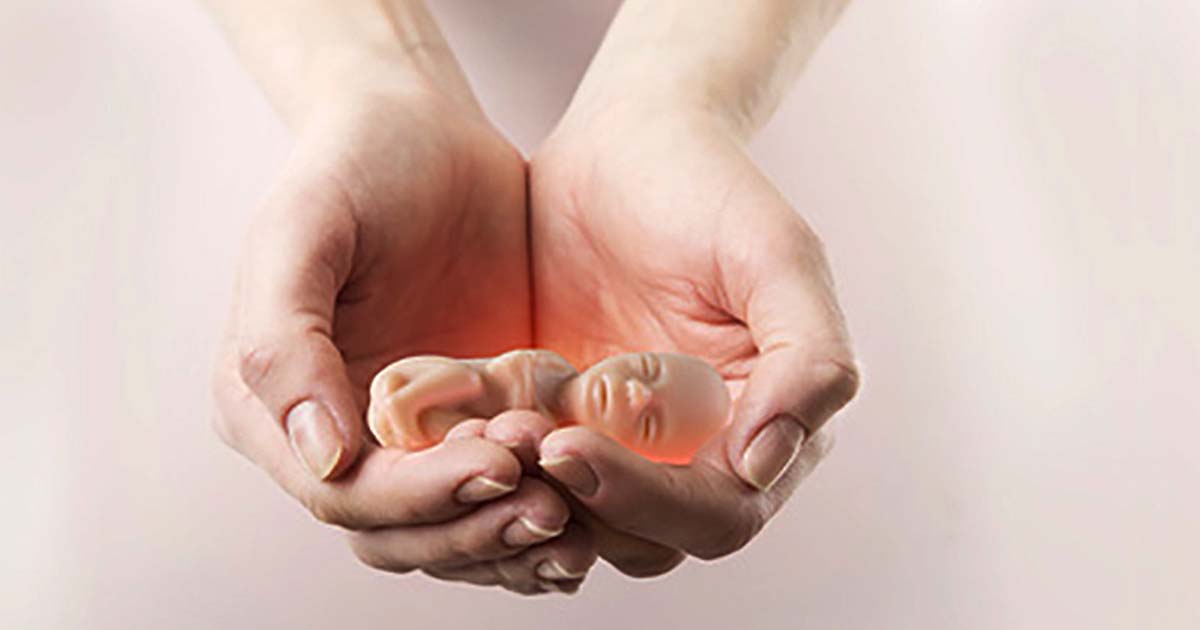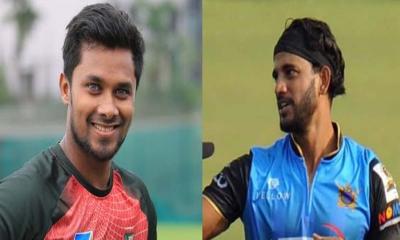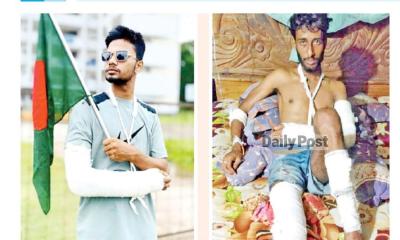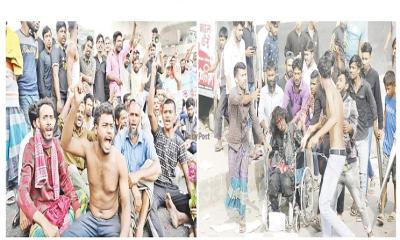On April 20 of this year, mother Ruma Khanam strangled the newborn to death by strangling her with a rope two hours after her daughter was born in Barisal. Another mother Roma Begum threw her four-month-old baby into the water in Nabinagar upazila of Brahmanbaria on October 21 due to family turmoil over her daughter.
On the morning of October 26, a two-month-old baby girl Ayesha was killed in the Sonapur Malur Mat area of Kanchpur Union of Sonargaon Upazila of Narayanganj. Earlier, on March 2, a one-year-old girl named Robena Akhter was killed by her father on the paved road in Lakshmipur. Analyzing the news published in various national dailies of the country, such images have been found.
According to experts, the number of cases of killing of female children in the anger of not having sons has been published in various national newspapers in recent years, which is enough to show the gender based discrimination and violence in the country.
Sultana Kamal, a former adviser to the caretaker government and human rights activist lawyer, said that no effective measures have been taken to protect women and girls. Women are still neglected everywhere from cities to villages. Women are still considered a burden in the eyes of society. A change in this attitude is essential.
If you look into hospitals, family planning institutes or private clinics, you will find that female Embryo killing happens every day. No one has the exact statistics of how many female Embryo are being killed in the name of MR.
Experts said that even in the 21st century, the country's biggest challenge is gender discrimination. Women are victims of oppression and exploitation at different levels of society due to various reasons including lagging economy, lack of quality institutional education and strategic development plan, dominance of patriarchal ideology and not practicing free thinking outside traditional ways of thinking. This discrimination, however, starts from the women's own family. In the country, before the birth of a child, parents expect a boy child. In many cases, female Embryo are killed if a boy does not come into the womb. Negligence is shown even in the case of female newborns. According to statistics from the United Nations Population Fund (UNFPA), 18 percent of women in the country want children. 40 percent of people test whether they will have a boy or a girl. And 6 percent of people are wasting female fetuses while having children. Around the world, 15 lakh girls are aborted each year in hopes of having a boy, and another 17 lakh girls die after birth due to neglect and discrimination. According to the survey conducted by the organization in Bangladesh, 105 boys are being born against 100 girls. It can also be seen that father Monirul Islam Ranju killed Raia Khatun, a one-and-a-half-year-old girl, by throwing her on the ground on March 30 last year in Sirajganj.
On September 26, 2022, a 14-month-old child, Humaira Khatun, was killed by father Zakir Hossain by throwing her into the water of a pond in Sherpur Upazila of Bogra. On November 21, 2020, father Kamal Hossain killed the 29-day-old baby Meem by snatching her from her mother's lap and killing her in Rupganj, Narayanganj. On June 25, 2020, mother Rubina Begum killed her two-year-old daughter Maryam by slitting her throat due to family poverty and illness. On April 3, 2020, Nur Mohammad strangled Nilphamari's own daughter Nupur. On January 3, 2018, a two-and-a-half-year-old girl named Lily Khatun was beaten to death by father Liton Hossain in Jhenaidah.
On January 19, 2017, mother Anjana strangled a 5-day-old newborn in anger because she had four daughters in Bank Colony of Savar Municipal area. Due to economic inefficiency and social system, the prevailing belief in families is that a son will make the family financially prosperous. He will take care of parents in old age and keep lineage alive. On the other hand, if a girl child is born, they will have to bear the burden of maintenance for a long time until they get married. After getting married, she will go to her husband's house. Parents have to bear huge expenses and burden of dowry at the time of daughter's marriage. So many families don't want girls. In those families where the birth of a girl child was unexpected, even if not killed, the girl child was neglected in those families. They are ostracized by family and society just because they are born as girls. Most of the time they hear from their families that they were expecting a boy instead of a girl. Girls are subjected to various forms of neglect and discrimination from childhood to growing up as women.
Mohammad Moinul Islam, Professor of Population Science Department of Dhaka University,said that, "Female feticide is still very low in our country compared to the statistics of other countries. Yet our country is also at risk, as evidenced by the events that unfold each year. The 16-day international activism is observed only for a limited time. Discrimination against women in society will not end just by being active at a certain time or day. This awareness work should be continued throughout the year.
Professor Salma Akhtar of the Department of Sociology of Dhaka University said, "The number of female feticide in our country has relatively decreased due to the progress of girls' education and economic independence in the country. However, the main reason for the reluctance of families to have a girl child is the dowry system. Parents at the time of marriage, and even after marriage, are almost destitute to meet the needs of the daughter's in-laws. As much as our social attitude, family attitude and individual attitude towards women can be changed, female infanticide and violence against women will be reduced in the society.
ARS










